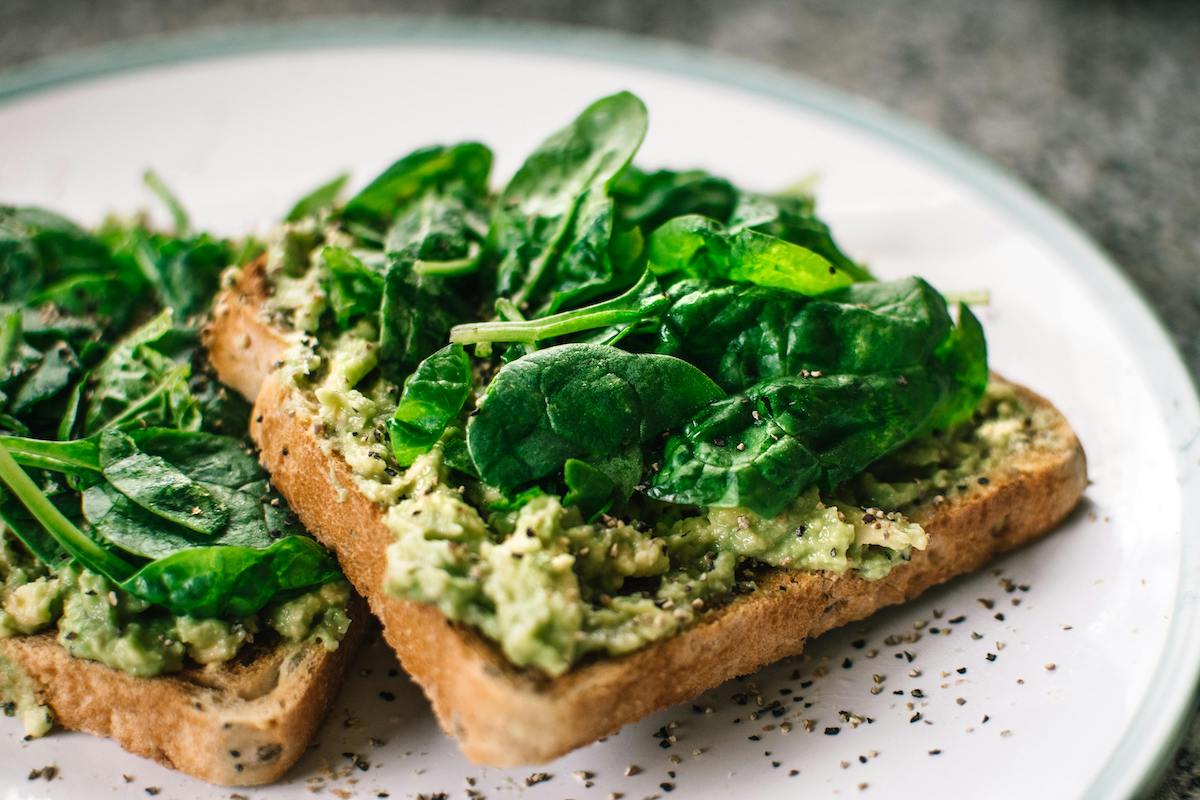
Fad diets were once all the rage. Want to know how to lose weight? Standard advice centered around creating a massive calorie deficit by not eating (or barely eating). Thankfully, those days are behind us. Weight loss isn’t about not eating anything at all. Generally, no foods are off the menu — unless you’re allergic or they cause issues like severe GI discomfort (or you simply no longer wish to eat them).
Instead, losing weight is about consuming foods that keep you satisfied and energized for longer, so you’re not tempted to consume too many calories later. Dropping pounds can be a delicious endeavor if you know what to add to your grocery list (and, later, plate). Let’s indulge in the best foods for weight loss.

Why severely restrictive diets don’t work
Before we dig into the best foods for weight loss, let’s debunk the myth that severely low-calorie diets are the secret to getting and staying trim. A study of Biggest Loser contestants found that they experienced rapid weight loss after reducing calorie consumption but regained it even while maintaining the same intake. They’d need to reduce calorie intake even more while using more energy (such as through movement), meaning short-term, significant calorie cuts aren’t effective long-term.
Also, if you eat significantly less for a period, you may overeat later, negating any weight loss potential from a severe calorie deficit. Moreover, food gives us energy to exercise, like hopping on a stationary bike. Movement is vital to maintaining a healthy body weight (and health, more generally).
Finally, starving yourself can increase your risk for disordered eating, heart problems, and more. In short, load up your plate, and your body will thank you.

Best foods for weight loss
First, there are no “villains” in the food world. While some foods are better bets for overall health, experts will generally tell people that eliminating any one food completely can do more harm than good. For instance, you may crave the food and overeat. Additionally, no single food is the miracle cure for weight loss. Still, consuming some foods regularly is generally considered beneficial for people trying to shed pounds (and long-term health). You’ll want to pack your meal plan with foods from three main groups:
- Protein. Protein helps build muscle and keeps you fuller longer. Lean and plant-based proteins fare better than red meat, which is higher in fat and cholesterol.
- Fiber. Fiber is another nutrient that’s critical to staying satisfied after meals. You’ll find fiber in legumes, fruits and vegetables, and whole grains.
- Fats. Surprised? Don’t be. Healthy fats like omega-3s and monounsaturated fatty acids contain essential nutrients that support heart health, and some research suggests they may aid in weight loss.
These menu staples will help you build a better meal plan full of the best foods for weight loss.
- Walnuts. Walnuts are omega-3 fatty acids and also contain protein (4.3 grams per one-ounce serving). Try grabbing a handful as a snack or combining one with fruit, like an apple, for added fiber. Walnuts also make stellar additions to oatmeal and yogurt parfaits.
- Eggs. A small 2020 study of 50 people found that those who swapped cereal, milk, and orange juice for eggs and buttered toast at breakfast were fuller four hours later. Eggs are versatile and invite creativity in the kitchen — scramble them, use them as the basis for veggie omelets, serve them Sunnyside up, or hardboil some for salads throughout the week.
- Spinach. The leafy-green vegetable is high in fiber but low in calories, giving spinach bang-for-your-buck status. Spinach makes a stellar addition to smoothies and is a great base veggie for salads. Spinach also pairs perfectly with all kinds of proteins.
- Salmon. Another omega-3, salmon, contains 17 grams of protein. Serve the fish as a main course at dinner, and put leftovers in next-day salads.
- Whole wheat pasta. Nope, pasta is not off the menu — neither are carbs. Whole grain foods have fiber and break down more slowly in the digestive system, keeping you satisfied after cleaning your plate. White pasta might provide a quick spike of energy, but white carbs are refined and break down more quickly, leaving you hungrier sooner.
- Low-fat Greek yogurt. Greek Yogurt has more protein than regular yogurt, making this choice a good one for a snack or part of a nutritious breakfast. Choose a plain, low-fat one to avoid unnecessary added sugar and calories.
- Avocados. Avocados are full of good-for-you monounsaturated fatty acids that aid in heart health. This fruit also contains protein and fiber, aiding with full feelings.
- Beans. As a plant-based protein, beans contain a double whammy of fiber and protein. However, beans have less fat and cholesterol than animal proteins, boosting their heart-health benefits.
Summary
Fad diets are no longer fads. Gone are the days of starving yourself trying to achieve weight loss. Not only can operating on a severe calorie deficit harm your health and put you at a higher risk for disordered eating, but starving yourself can have the opposite effect: You might overeat and gain weight. Instead, load up on foods for weight loss, which are also delicious and offer other perks, like decreased cardiovascular disease risk. There are no magic cures or foods, but generally, ones with fiber, healthy fats, and protein help people stay satisfied longer. As a result, you’re more likely to shed pounds. The best foods for weight loss include salmon, beans, and avocados. Peruse the internet for recipes and flex your creativity in the kitchen to make weight loss fun. A dietician can also help you customize a meal plan.




